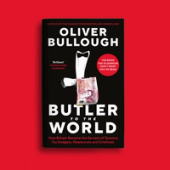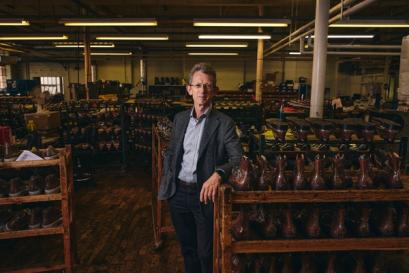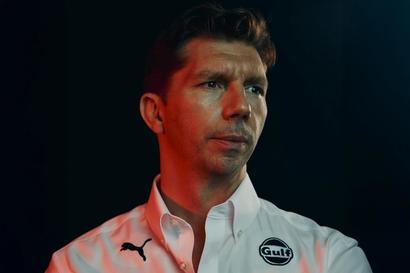
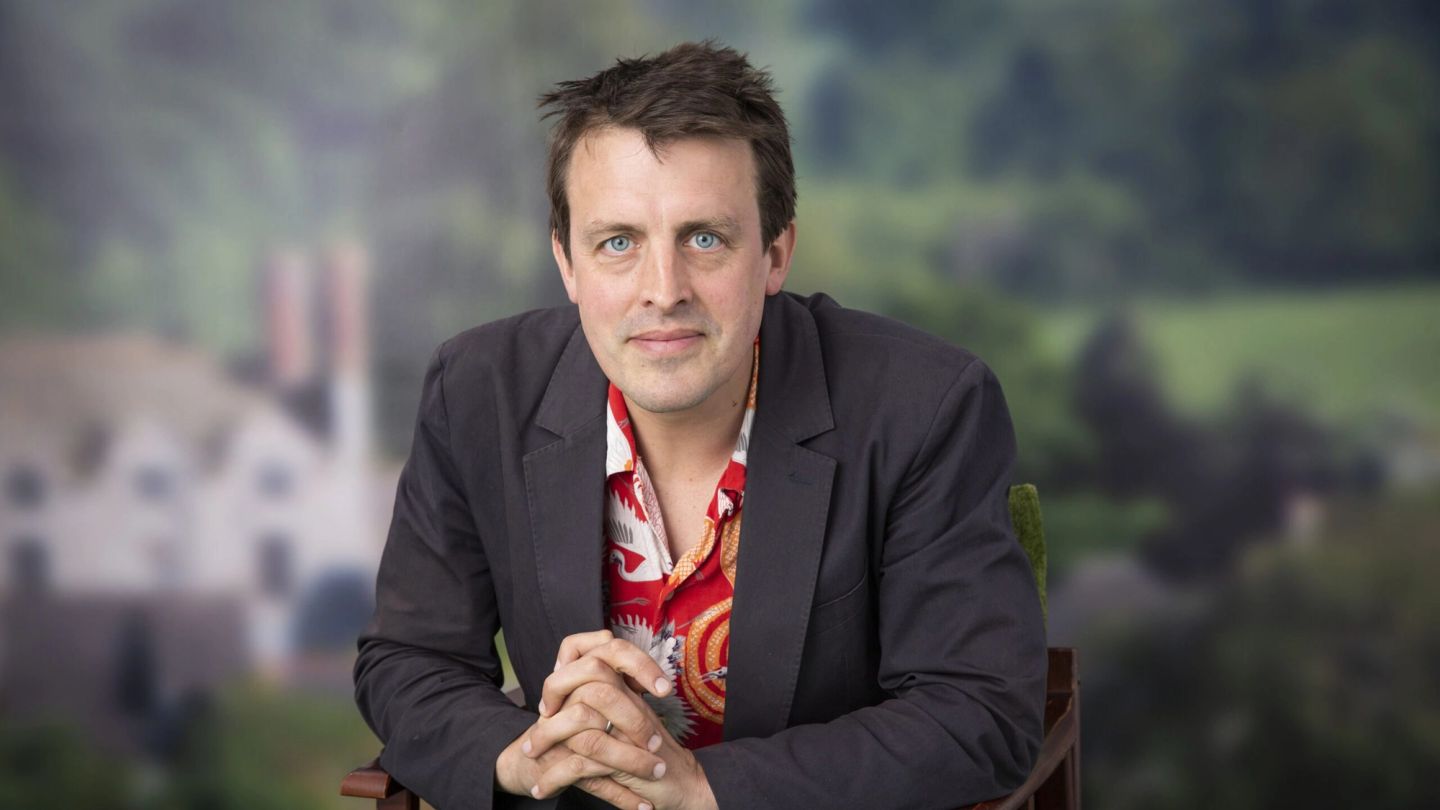
“If anyone really cares, they’ll just kill me. So why worry about it?” Oliver Bullough on his new oligarch-busting book
With eerie timing, Butler to the World tells the story of how London became a haven for tax-dodgers, kleptocrats and criminals. And it may just be the most depressing (and entertaining) thing you’ll read this year…
- Words: Joseph Bullmore
There is an entire stata of English society which got its moral education from the world of PG Wodehouse. Its inhabitants are pink, pinky-ringed and plummy (attributes, not prep school nicknames), and they look very fondly, as if gazing upon a bachelor uncle, at the author’s most famous creations: Jeeves and Wooster.
This duo, and their unique dynamic, has been baked-into the upper-middle-class consciousness as if by Mary Berry herself. Each story follows the same dot-to-dot (or point-to-point, if you’d rather). Bertie Wooster, the bumbling, affable posho, sets off with good intentions before tumbling headfirst into the soup. Reginald Jeeves, his inimitable ‘gentleman’s personal gentleman’, fishes him out with a cunning ruse and an arched eyebrow. And all is mended. There is probably a stately home. There is certainly a stately aunt. There may well be a prized animal gone walkabout, or a marriage proposal gone awry. But in the final reckoning, no-one’s been harmed, nothing has been lost; everything is sweetness and light, nieces and lamb chops.
Oliver Bullough’s new book, which is simultaneously the most depressing and entertaining thing you will read this year, takes this fond archetype and gives it an illuminating twist. What, he wonders, if there was more at stake than simply a silver cow creamer or a slap-up meal at the Drones Club? What if Jeeves personally enriched himself every time Bertie headed soup-ward? And what if Bertie Wooster had a habit for kneecapping business rivals, pillaging natural resources, and financing illegal wars? This, Bullough argues, is the role that modern Britain (and largely London, actually) has carved out for itself over the past seven decades or so: as a winking, genuflecting Jeeves to a host of unsavoury Woosters. All tails, smiles and public school ease on one level — but scheming, cheating and dirty dealing down below. We are now, as the title has it, ‘Butler to the World.’ And how precisely you feel about that really depends how far through Bullough’s 264 pages you find yourself.
The City of London: the home of the new butlering trade
It wasn’t always like this, of course. Once upon a time we were the aristocrat ourselves, you see — sitting, like some feudal lord, atop our great empire, our grand country pile. But then the wars happened, and the people in the village got uppity, and the roof started to get leaky, and the women started voting. And everything got a little more bloody equal for a while. So we had to find a new role for ourselves (tellingly, the former subtitle to Bullough’s book, before they swapped it out, was ‘How Britain lost an empire but found a role.’) Fortunately, that wasn’t too tricky. We still had the Savile Row Suit in the wardrobe, of course, and the network of old school chums in the rolodex, and the understanding of the hierarchy of oyster forks, and the accent (ah! The accent!). And so we set about taking all the tricks we’d learned from being aristos and emperors for so long, and taught them to people who actually had some money.
And they had plenty of money. Bags and bags of the stuff (no, genuinely — sometimes it came in bags.) Just don’t ask where it came from. Or where it’s headed. Or how much there is. Or which company owns it. Or who owns the company that owns the shell company that owns the trust that owns the umbrella foundation that owns it. Or what any of those terms really mean. Or anything, actually. The real value of Butler Britain, it soon emerges, is the maddening, byzantine arrangements that its various interlocking intermediaries — usually lawyers, wealth managers, middle-men, and tax advisors — are able to rig up. Or magic away, perhaps. Often, in fact, the butler’s art is indistinguishable from the conjurer’s art, or the philosopher’s, or the theoretical physicist’s — a knack for dreaming up things that both exist and don’t at the same time, or can exist in two different states, depending on who’s asking. The Cayman Islands, for example — once an unlovely, rocky territory so thick with mosquitoes that the cows would suffocate in the swarms — became suddenly useful in that it was able to act as both a British territory and a private state at the same time: under the banner, grandeur and seemingly safe-hands of London; but also able to make its own rules and set its own tax rates. (Spoiler: they’re a little lower than in London.) Both legitimate and rule-breaking at once. Schrodinger’s bank account.
"We sell oligarchs houses on Eaton square so they can pretend that they’re in Bridgerton..."
Then, at some point in the late 1950s, a bizarre, barely-understood invention called the eurodollar came along, which somehow was and wasn’t a dollar at the precise same time. By being used outside of the US markets it was free from US regulators; but by being a dollar, it was free from regulations on the pound and other currencies. At least, I think that’s right. I hope it is. Not That the butlers would correct me if I was wrong. In Grand Cayman and the British Virgin Islands and elsewhere, the general policy is one of silence — or of platitudes and smokescreens at best. In the BVI, Bullough meets the governor: a good old boy named Augustus James Ulysses Jaspert, who tells him precisely nothing, and has no compulsion to either. “The joy of being an unelected representative of an unelected head of state in a remote colony is you can treat journalists as the annoyance that they are, without any kind of downside,” he writes. Which sort of says it all. And even when we do get a brief glimpse of clarity, it doesn’t much change things. (This, among many other points, is the reason for the low mood that pervades the book.) The Panama and Paradise papers felt like a watershed moment in that we got to see, briefly, the inner workings of the Mossack Fonseca shell company regime, and a nice juicy list of bold-name tax duckers. But that just succeeded in taking down Mossack Fonseca. The tax-dodging and money laundering continued unabated. In fact, it was probably a handy little advert for the fledgling plutocrat. They dodged how much tax?!
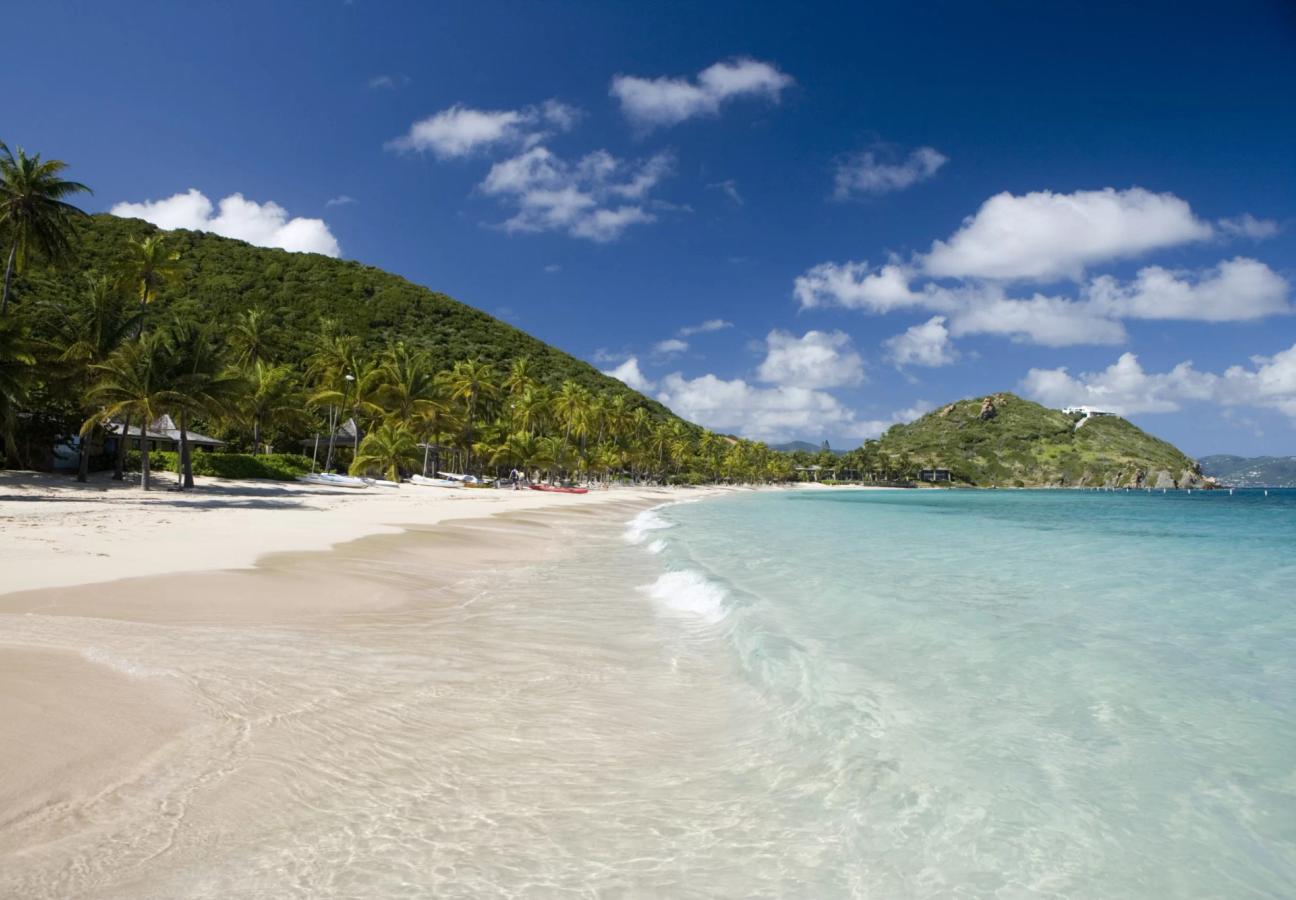
The idyllic British Virgin Island’s — a home to 1000s of shell companies
But that’s over there. Out of sight, out of mind sort of thing. Yes, we might lose a few pennies in the treasury here and there. But it’s not on our doorstep, is it? The Barbarians are not at the gate, are they? That line of argument has been roundly extinguished of late, of course, and we have the house prices and iceberg mansions to prove it.
The genius of Bullough’s book is that — after beginning in the Suez Canal, before hopping over to the Caribbean — it slowly but surely edges closer to home, ratcheting up the indignation and outrage with every page and mile. We had the author on the Gentleman’s Journal Podcast recently (he wore a blazer over a Hawaiian shirt dotted with illustrated dollar bills, by the way: ‘I thought I’d stay on brand), and we spoke about how the murky influence of dirty money might manifest itself closer to home. This was early April, and his book, which came out in March, could barely have been better timed. Every week, it seemed, as the horrors in Ukraine rolled on, another London-based Oligarch was coming under the microscope, fleeing the country, losing the yacht. One thing Bullough said really stuck with me: “once corruption begins, it’s very hard to undo it.” And in the following conversation we speak about how the rot got started in the first place — and where, perhaps, it might be going. We’re not in Market Snodsbury anymore.
Oliver Bullough
JB: This book couldn’t have come out at a more poignant moment, could it?
OB: Obviously it’s an issue that I think is very important: the role that Britain has been playing as the enabler — the well mannered, well dressed, impeccably turned out enabler — of crime from all over the world. It’s something that I have been interested in for ages. I’m a specialist in the former Soviet Union. I lived in Russia for many years. I’ve worked in Ukraine a lot. It’s obvious when you’re there that the oligarchs use London as the launderette of choice for their dirty money. And therefore that without London they wouldn’t be able to commit the crimes they commit and steal the money they steal. This is something that I’ve been banging on about for quite a long time. It does feel like now it’s 2022 and all the people I’ve been trying to get on the phone for ages are suddenly calling me up. Everyone is suddenly singing my song — and I just think that’s brilliant. It’s so important that this is happening, and it’s so dark that this has been happening for so long.
Can you explain the central analogy of the book — that of Butler Britain?
Britain used to be the oligarch. We were the aristocrat. We strutted around the world, and we did what Putin’s doing now, in fact. If we didn’t agree with a country’s trade policy, then we’d bomb them until they changed. We don’t do that anymore because we can’t afford to. We didn’t stop being an empire out of the kindness of our heart — we stopped being an empire because we went bust. But we still had all the skills: the networks, connections, and institutions to do these things and to move money.
It feels like an aristocrat who’s gone bust. He’s had to sell the big place in town, and the yacht, and the villa in Cap d’Antibes — and now he’s just trying to make a living. And what does he sell? He sells his knowledge of aristocratic circles. He knows how to move in polite society. He knows how to behave. And that’s what we know. So we’ve gone from being the aristocrat to the butler — and we work for anyone who wants our services. And we sell oligarchs houses on Eaton square so they can pretend that they’re in Bridgerton.
Who else could do this? That’s the interesting thing about being the butler to the world. There is an argument that has always been used — that if we don’t do it, someone else would, so we may as well do it. On the face of it, that seems logical. But actually, if you think about what Britain does or has, no-one else could do this. The French could have a go. The Swiss have a bit of a go. But no-one has what we have. Who else has that cultural history? The breadth of services that we officer? And Who else could sell access to the aristocracy? I mean that literally. Look at Evgeny Lebedev, the Baron of Siberia. He is literally a friend of the prime minister’s, who is welcomed into the aristocracy — and there he is, in his ermine robe, sitting on those red benches in the House of Lords.
Ukrainian oligrach Dmitry Firtash: “The only private citizen to buy a tube station.”
Which story from your research stands out most vividly to you?
In terms of demonstrating the unique role britain plays as a recipient of money from anyone, the story of Dmitri Firtash is perfect. He is a Ukrainian multi-millionaire, who made a huge amount of money going into business with Gazprom, Vladimir Putin’s gas company, by essentially overcharging Ukraine, his native country, for gas. He managed to bring down the government and made an absolute fortune for himself in the process. And he needed to do something with that wealth. There isn’t that much to buy in Ukraine. So he brought it to London.He went from being an unknown — no-one knew what he looked like in 2006 — to setting up the British Ukrainian Society, with members of the Houses of Commons and Lords working for it. He gave money to Cambridge University. And by 2011 — four years after he first arrived here as an unknown — he is meeting the Duke of Edinburgh. He is welcomed into the guild of benefactors of Cambridge University, and buys himself a mansion just down the road from Harrods. In 2014, there is a crisis in Ukraine, caused by Vladimir Putin, his business partner, and he is brought into the Foreign Office to advise on how to deal with Vladimir Putin. A couple of months previously he had opened trading on the London Stock Exchange and got to meet the leader of the House of Commons. That is vertical social climbing. And then in February 2014, at the pinnacle of his successful integration, he buys a tube station from the Ministry of Defence. As far as I know, he is the only private citizen to buy a tube station.
"Gambling is our equivalent of the oxycontin epidemic..."
Simultaneously to all this happening, the Americans were also interested in his wealth, and two weeks after he buys the tube station he is indicted on a grand jury charge from the FBI in Illinois — and he has been battling extradition ever since.
That distinction between the US and UK approaches to that kind of wealth is astonishingly indicative. There are so many stories like that, of someone who’s earned a load of money who-knows-where, and then all the doors are opened — so they’ve got the lawyers, the houses, the political connections. It just repeats itself again and again and again. And it seems to be a uniquely British phenomenon to accept the money, and to not be in any way concerned as to where it comes from, but to structure it in such a way that it’s inaccessible to anyone else. A significant chunk of our professional class do really well out of this business, and you can see why they enjoy it. It’s easy money. I spoke to one parliamentarian who told me that they felt they had been something of a “useful idiot”, and I thought that was a telling quote…
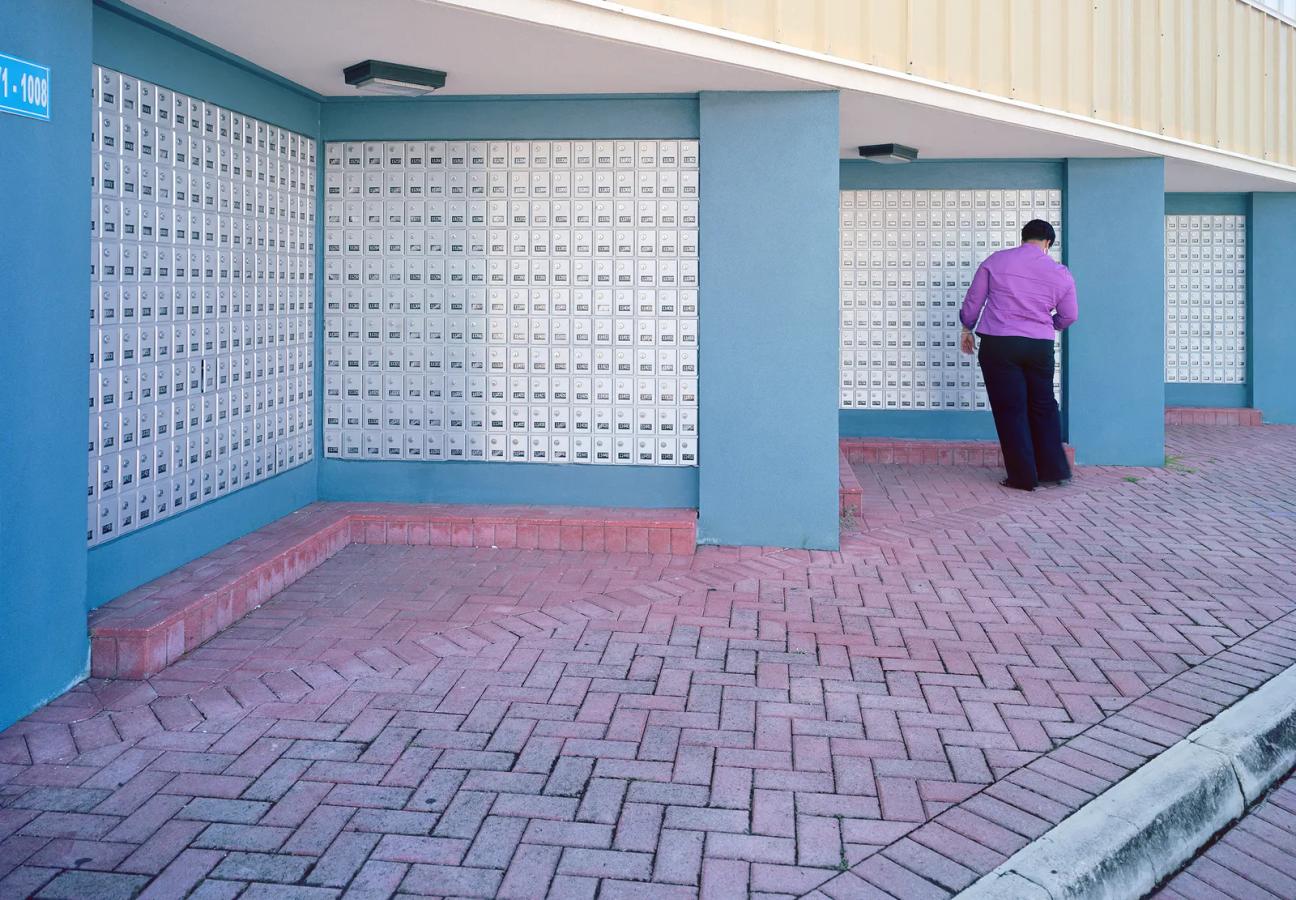
A wall of anonymous PO boxes in the Cayman Islands — each registered to a different offshore company
Are there a lot of professionals in London right now who are sweating a little bit as the tide of public opinion is turning against this money?
It does feel a little bit like that. There clearly is a degree of taint around these people. I do want to say to them: how did you not know? They’re the same people. Just because putin’s invaded Ukraine, they haven’t changed at all. They earned their money in the same way. We knew 15 years ago what these people were like. Nothing’s changed.
There is an element of ‘while the music is playing, keep dancing, but stand near the door’ about it. While business is flowing, you don’t want to miss out on it. But it seems dispiriting that that is always the interest.
Which story was most surprising to you?
The story that shocked me the most was the story of Gibraltar. I was looking for an example of how Britain’s butlering industry, and how helping people with money evade regulations, harmed British people. I was looking for an example in which Britain’s butlering had harmed Britain itself. And I wanted to write about Gibraltar because it has a shell-company industry, so I thought I’d write about that. And when I got there, I discovered that the way that gambling is run in Gibraltar has managed to completely upend the entirety of British gambling regulation, and had essentially allowed gambling companies to create this epidemic of addiction that we have now. It is incredible. When I was researching, I couldn’t believe what I was seeing. This is our equivalent of the oxycontin epidemic. It is so harmful, is affecting so many people, and so much money is being wagered — and it’s just going up and up and up every year. And that’s because of Gibraltar. It wouldn’t be happening without Gibraltar. And no-one knows. And no-one apparently cares.
"An oligarch doesn’t stop being an oligarch just because he’s flown from Moscow to London..."
By their very nature, a lot of these offshore financial arrangements are baffling, complicated and impossible for people to get their heads around. How do we make ordinary people care about this dirty money and the people that bring it here?
We have been running the London Kleptocracy Tours for some time, which was an attempt by us to make it impossible for British people to say they didn’t know. We try to point it out: that this house belongs to that person, and here’s where they got the money from, and here’s how they moved it here, and here’s why we shouldn’t be accepting it.
We always thought about how we could make people care. And one of the ways is with property prices. Because these people are coming here with all this money, they’re making everything more expensive, and we can’t afford it. And obviously that’s true — but none of us could have afforded to live in Knightsbridge in the 1970s, anyway.
The Governor’s Office in Road Town on the BVI
So the point I always make is that an oligarch doesn’t stop being an oligarch just because he’s flown from Moscow to London. You get off your private jet at Biggin Hill, and you want all the things you wanted at home. You want special treatment from politicians, special treatments from the law courts. You want to be able to muzzle the media. You want to be able to monopolize businesses and shut down your business rivals. All those things they could get at home, they’re going to try to get here. And we are seeing that happening. There are some very disturbing stories about money now going into political parties and the favours coming back because of it. The misuse of defamation proceedings against people like Catherine Belton, Tom Burgess, Karen Kadwallader and others is really alarming. The costs which are hanging over people if they lose these cases are terrifying.
All of that creates a skewed system in this country, just like it does over here. Once corruption begins, it’s very hard to undo it. Once you lose the honest political system, to return to honesty is very hard. And I think that’s the case I keep trying to make. We need to be really aware of what we’re selling when we sell oligarchs a bit of our country. We are bringing in a new aristocrat who is going to strut around and demand special treatment. And we give them special treatment. They don’t live like ordinary people. They don’t have to. In a democracy everyone is supposed to be treated the same. Obviously there will always be inequalities — but this is institutionalized.
"Once corruption begins, it’s very hard to undo it..."
How does the threat of defamation and legal proceedings change the way you approach a book like this?
That kind of censorship that is caused by defamation proceedings becomes totally baked into the entire conception of the book. If there are multiple people I can write about as an example to tell a story, I look for the one that’s dead — because they can’t sue me.
Catherine Belton [author of Putin’s People] is very brave. Ludicrously brave, and a very, very good journalist. She worked on that book for years and years and years. And it is amazing that she came through that case unscathed, and the book remains largely unchanged. But that cost her a year of her life, fighting that case. It cost Harper-Collins 2.5 million pounds to fight that case, and had they gone all the way to trial, it could have cost them 10 million pounds. Who can afford that?
To me, one of the heartening responses to the crisis in Ukraine is that the government is now very seriously talking about bringing in rules to halt those kind of cases — when a publication has very clear public interest, then the judge can just cut the process short.
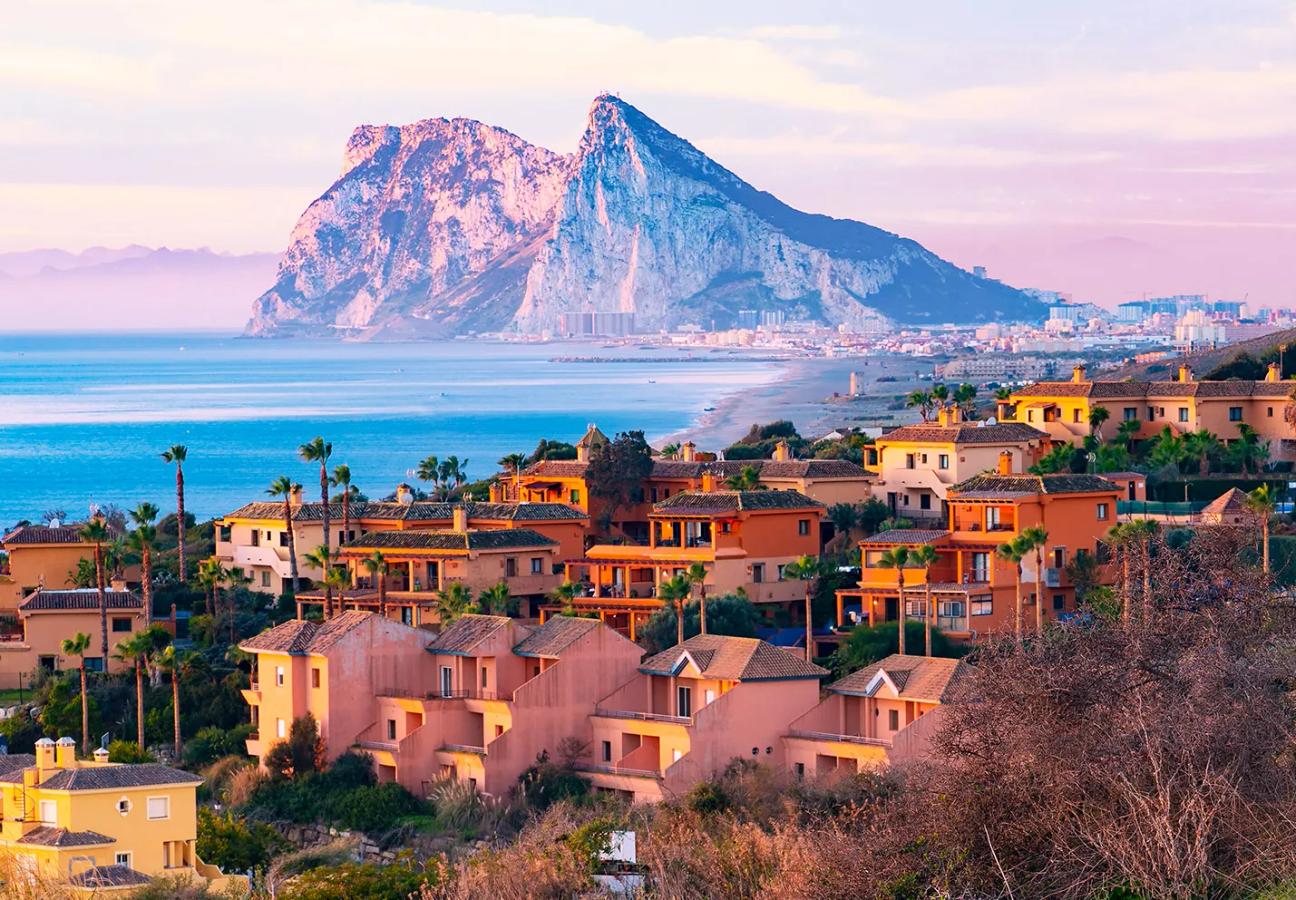
Gibraltar, the gambling haven which has brought about a new epidemic of addiction in the UK
Do you ever get scared?
There have been a couple of weird incidents. One was when I was working on a story about sanction-dodging oligarchs. I’d got in touch with them and asked for comment. And they invited me to meet them. And I said ‘great, where do you want to meet’? And they said ‘Milan’. And I just said: there’s no way in hell I’m going to meet you in Italy. They had strong mafia connections, if we can put it that way. I’ll meet you in Paris. I’ll meet you in Amsterdam. But there was no way I’d meet them in Italy. So you do get a little bit of that. But I tend to assume that if anyone really cares, they’ll just [kill me]. So why worry about it?
I used to want to be a war reporter, because everybody does, and I used to go to Chechnya a lot. And there was a lot of being shot at and intimidated by the security services, and rounded up and put in windowless rooms and shouted out, and it did get a bit wearing after a while. This is a lot less scary than that. And also it’s a lot easier to justify to my wife.
I can remember one particular time in Russia when I was being ostentatiously intimidated by what I presume was the FSB. Everywhere I went, there would be three cars following me. Every shop I went into, there would be nine guys standing in a ring behind me. Everytime I went out I would be arrested and taken and interrogated. The hotel kept “losing” my passport. And it was just dispiriting. So this isn’t as bad as that. And it gets quite addictive, poking the hornet’s nest — so I suspect I won’t stop anytime soon.
Listen next: Bill Browder, Putin’s Public Enemy Number One, on the creation of the Magnitsky Act
